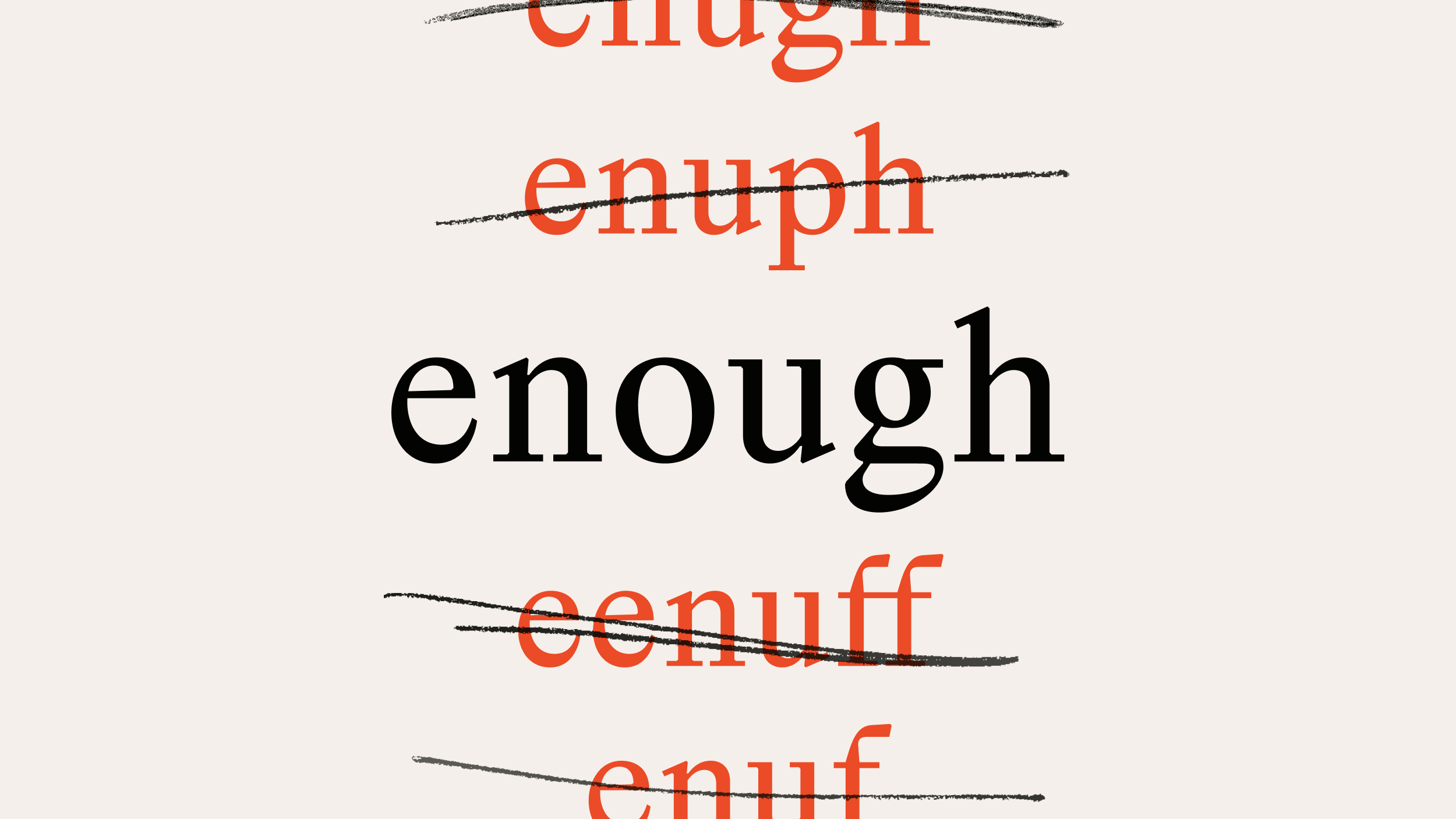Christmas Gift Card Rejuventates Literary Life

One of the best things about Christmas for me is the Barnes & Noble gift card in my stocking. I am always excited to get it, because it means I will buy a few books I ordinarily wouldn’t have purchased and pick up a few magazines I haven’t read in awhile. The magazine Poets & Writers was my first acquisition this week.
There was a time years ago, back when I was trying to be the next Ralph Ellison, when I read Poets & Writers religiously. So it was good to revisit this old friend and find it in good health. The Page One section chronicling new book releases was still there, still taunting me with the announcements of the third, fourth, fifth or sixth book by selected authors.
The surprising thing was the article on technology above the Page One section, titled “New Tree-Free Submission Services.” Submission software, both for writers seeking publication in the small but important literary journals and for the people who publish them, is bringing this part of the literary world into the twenty first century. It made me think of something I wrote on the bulletin board at my online writing group years ago in response to a derisive comment about online literary journals by the editor of a print literary magazine:
There is about to be a major change in the way people look at the online world.
Ten years ago, Time and Newsweek were important must reads. Today, their ad pages have shrunk, their editorial is less edifying and more entertaining, their reporters intrude into the stories, and they are quoted with much less frequency than they used to be by other news media outlets.
The New Yorker is the top of the heap for a lit writer if he cowtows to their brand of thinking, like I used to years ago. But I’m not an Ivy Leaguer. I don’t have blond hair. I haven’t been to rehab. I’m not fascinated by the details of drug interactions that can be found in the Physicians Desk Reference or the minutia in Grey’s Anatomy. Cilantro is not a part of my diet. I can’t name fifteen different kinds of cheeses.
And I’m not interested in the least in rendering the South I live in in a manner that substitutes obscure language for common nouns and verbs, or attempts to recast my Bible Belt, Black Belt brethern in a light more suitable for upper middle class reading pleasure.
The thing is, online is similar to print – in either category, there are only a few places you can get pubbed that will get you noticed by a big city agent or publisher. Online, if you submit to anybody other than
you are wasting your time if you are looking for an agent. The circulation for these mags exceeds that of even the hottest lit mags TODAY by a factor of ten to fifteen times – these numbers will only increase as connectivity becomes more ubiquituous.
The editor of the print magazine this polemic was directed towards ended up converting to a totally digital publication, which changed the way he looked at his production process. The internet, as he and many of his counterparts have discovered, is where the readers are. As strongly as I felt about this six years ago, I couldn’t have predicted the success of the Kindle,the Kobo, The Sony Reader, or the Nook, nor the advent of the IPad and the devices with a similar form factor it has inspired. The same problem remains, however—stories which languish on a writer’s hard drive aren’t going to magically appear in any of these publications if they aren’t submitted.
Who knows—maybe over this long weekend I’ll download one of these new software systems, put some old stories back in circulation and get some new ones in the rotation.





